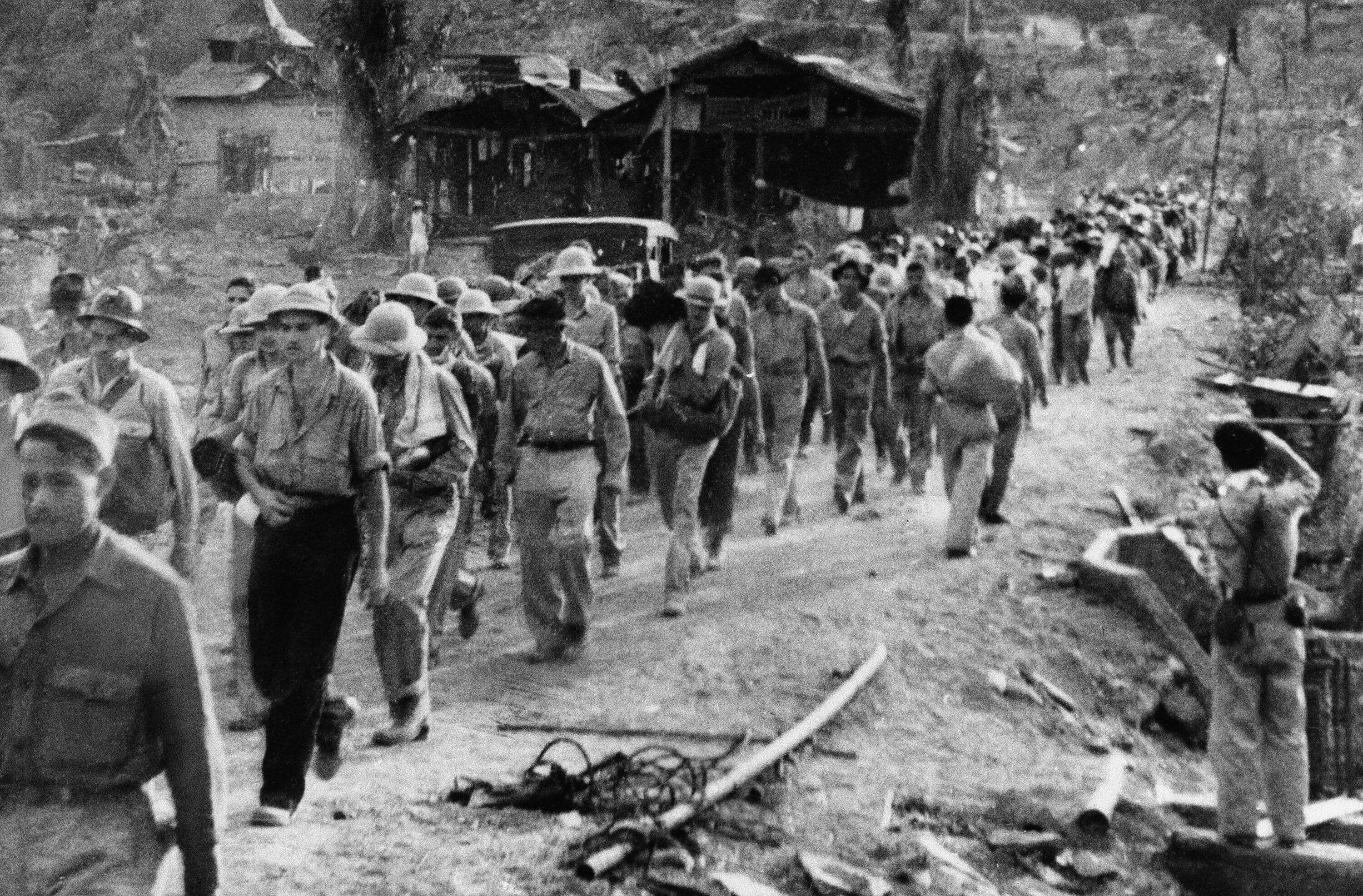According to Politico, he has a new "tell all" memoir coming out. Rumsfeld always struck me as one of the bigger curiosities of the Bush administration. Here was a person openly skeptical of nation building whose military embarked on two large episodes of just that. According to several accounts of the Iraq war, he played an unhelpful role in the post-war planning precisely because he was dismissive of nation building - which raises the question of why he would stump for a war in the first place.
That aside, I think Rumsfeld has become a convenient scapegoat for what was - and remains - a dubious set of propositions advocated by his critics. Rumsfeld's vision of military transformation was far too parsimonious for neoconservatives, who championed an American Empire and waxed nostalgic for the British Colonial Office. To the military's traditional role of defeating and deterring conventional nation states, Rumsfeld labored to add the ability to quickly locate, target and destroy terrorist cells and facilities around the globe and to accomplish these tasks remotely, minimizing U.S. casualties. Such a vision demanded a lean, agile and networked force. It was not, however, the neocolonial occupation army demanded by his critics.
Rumsfeld was clearly the odd man out in an administration that jettisoned its realist sensibilities in the aftermath of 9/11 in favor of a more ambitious use of American power. His preference to turn Iraq over to the Iraqis quickly stood in stark contrast to the administration's professed aims of constructing a democracy in the heart of the Middle East. His desire for a rapid exit undoubtedly hastened Iraq's sectarian fragmentation, but such a fragmentation was inevitable. The U.S simply did not possess enough manpower to accomplish what Rumsfeld's critics wanted to in Iraq.











